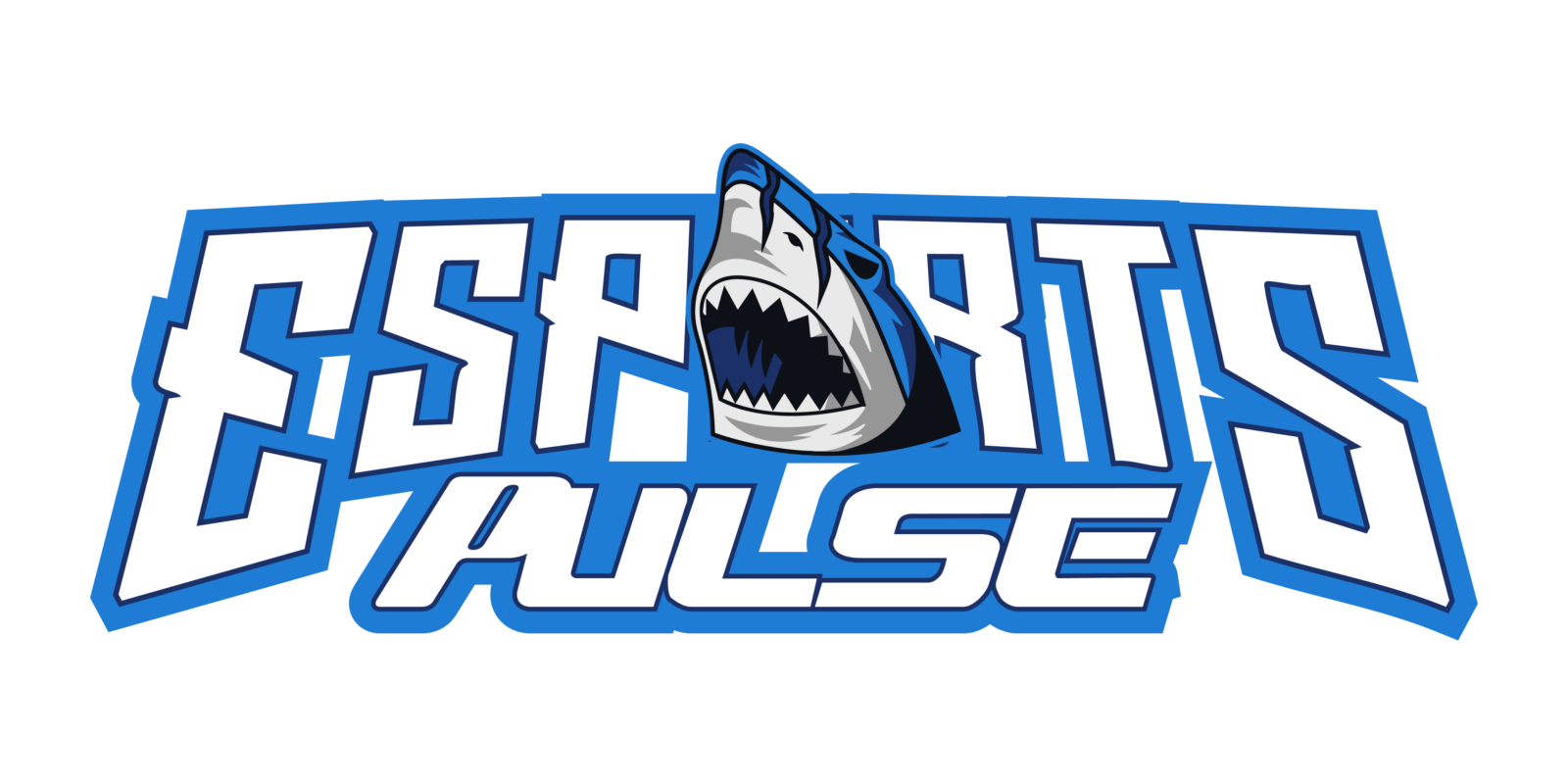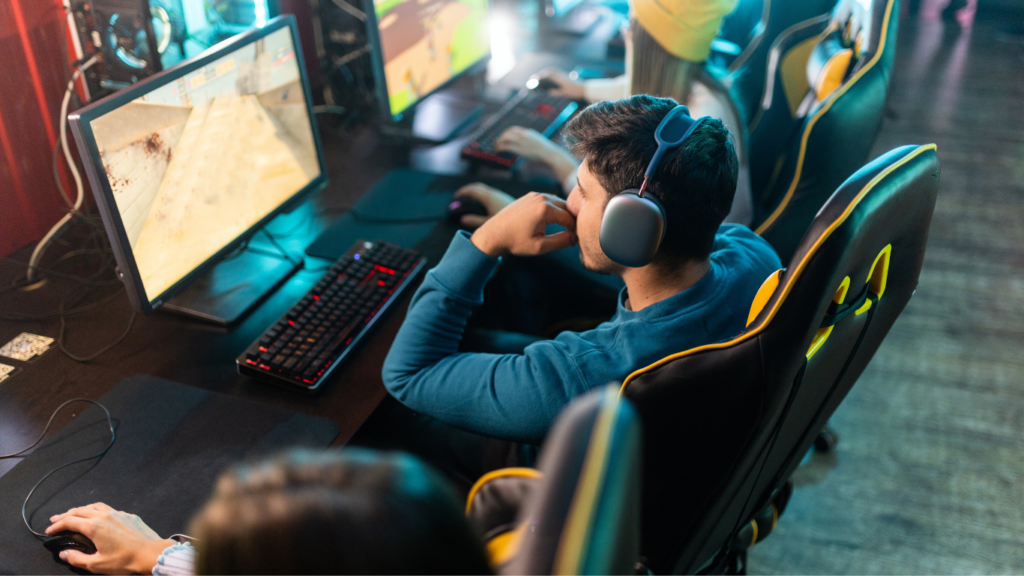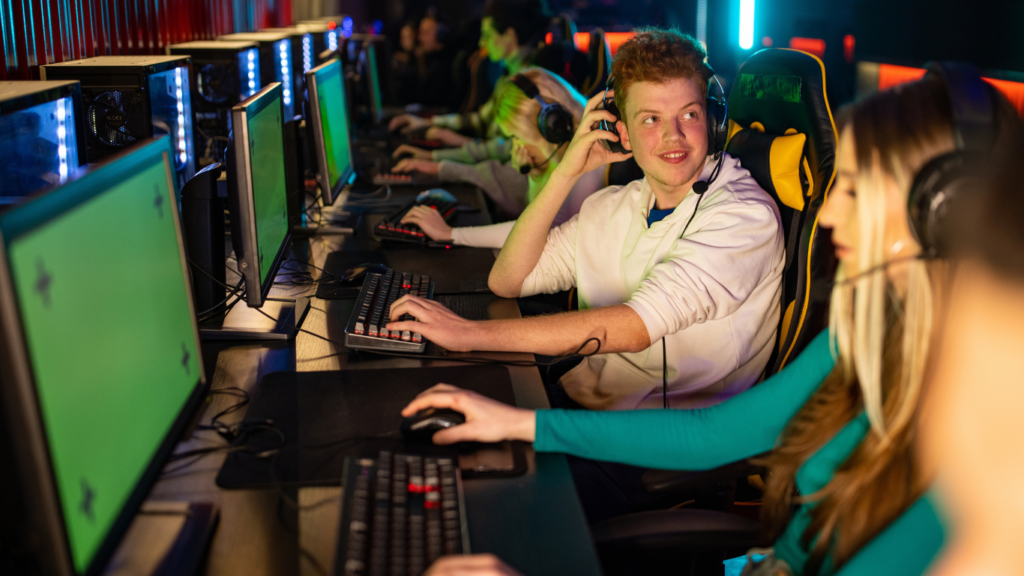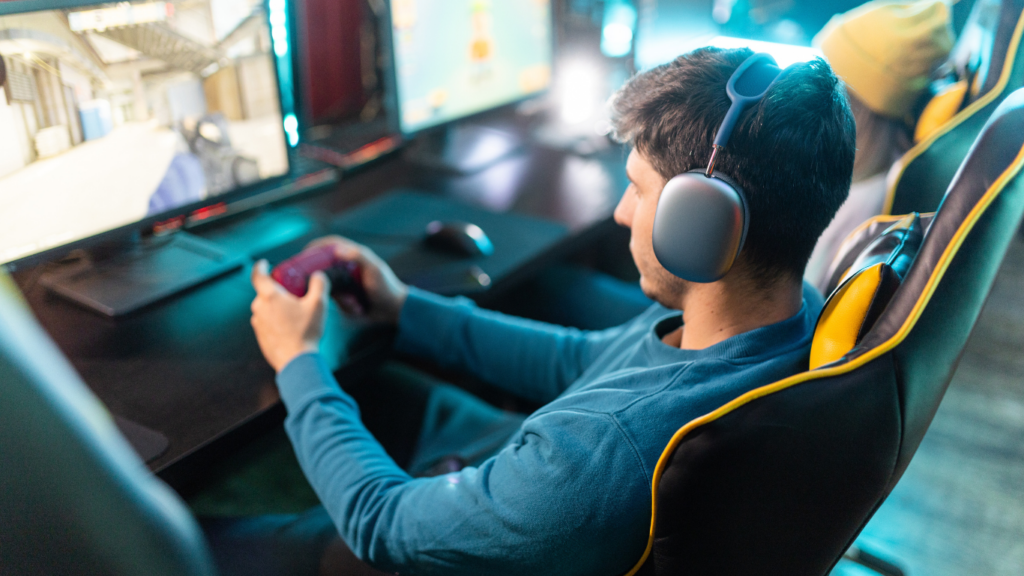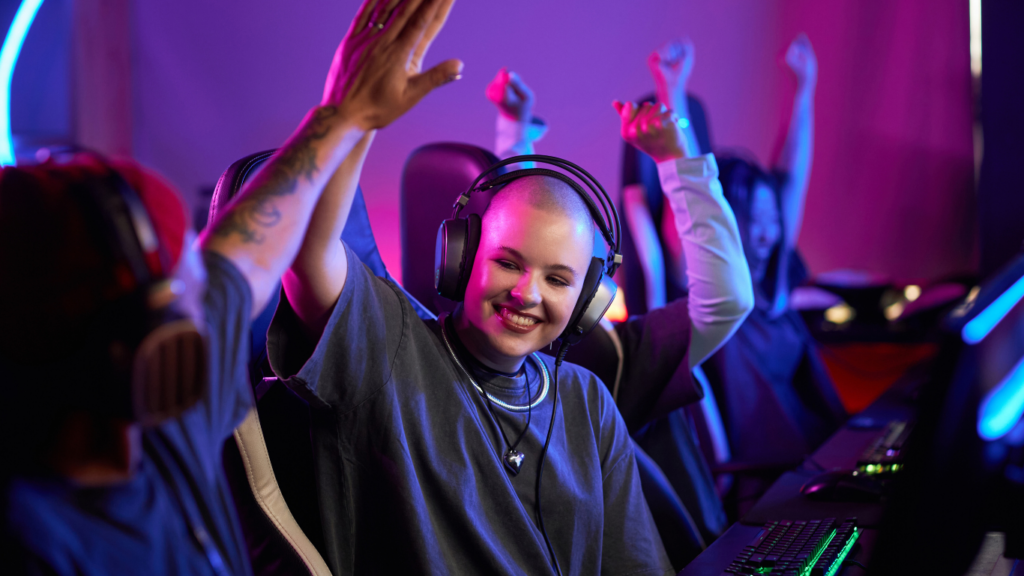Esports isn’t just about lightning-fast reflexes and jaw-dropping plays—it’s about teamwork. In a world where split-second decisions can make or break a game, the bond between teammates often determines who claims victory. Talent might get a team to the finals, but it’s chemistry that turns them into champions.
Understanding Team Dynamics in Esports
Effective team dynamics play a pivotal role in esports success. Cohesive teams thrive on:
- seamless interaction
- mutual respect
- strategic alignment
during gameplay
The Role of Communication
Strong communication ensures players synchronize actions, especially in high-stakes moments. Professional esports teams rely on concise in-game callouts, such as enemy locations or strategy adjustments, to react quickly. For example, during Counter-Strike: Global Offensive matches, teams often use pre-planned phrases to execute coordinated plays. Miscommunication, even for seconds, can lead to errors, costing matches or entire tournaments.
Building Trust Among Players
Mutual trust enhances team synergy, allowing players to rely on each other’s decisions without hesitation. This trust develops through consistent practice, feedback exchanges, and shared experiences in high-pressure scenarios. In games like League of Legends, trust enables roles like junglers and laners to execute complicated maneuvers without second-guessing. A lack of trust disrupts flow, leading to fragmented gameplay.
Importance of Leadership on Teams
Leadership fosters structure and focus, keeping teams aligned with their strategies. Esports captains or shot-callers often provide guidance during chaotic moments, ensuring players maintain composure. In Dota 2, a reliable leader can dictate when to engage or retreat, directly influencing outcomes. Leaders also support morale, motivating teammates after setbacks or during lengthy tournaments, where mental endurance is critical.
Chemistry as a Key to Championship Wins
In esports, team chemistry often becomes the defining factor between a good team and a championship-winning one. When players align their skills, communication, and trust, they unlock a level of performance unattainable by individual talent alone.
Synergy and Coordination
Synergy drives efficient team coordination during gameplay. Teams perform best when players anticipate each other’s movements, timing, and strategies. For instance, in games like Overwatch, successful teams execute precise ult combos and rotations because their synergy stems from countless hours of practice and shared understanding. Effective coordination also minimizes miscommunication, ensuring every decision contributes to the team’s goals.
Managing Conflicts Effectively
Managing conflicts is essential for maintaining morale within esports teams. Differences in playstyles, decision-making, or in-game roles can create tension. Teams like Astralis in Counter-Strike: Global Offensive address conflicts by fostering open communication and resolving issues quickly. Professional organizations often hire psychologists or mediators to help players handle emotional or interpersonal challenges, preserving team stability during tournaments.
Adapting Under Pressure
Championship teams excel at adapting strategies under pressure. Rapid shifts in meta or unexpected plays from opponents often require quick adjustments mid-game. League of Legends teams demonstrating exceptional on-the-fly creativity, such as choosing unconventional champion drafts, highlight this aspect. Adaptability works when players trust their teammates’ decisions and stay mentally composed, proving chemistry is pivotal in handling high-stakes moments.
The Impact of Team Dynamics on Performance

Team dynamics directly affect performance in esports. Cohesive teams outperform others by effectively combining individual skills with coordination and communication, especially during high-pressure moments.
Strategies for Improving Team Chemistry
- Establishing clear roles streamlines decision-making and prevents confusion. Teams with defined roles for players, such as entry fraggers or healers, enhance in-game efficiency.
- Enhancing communication ensures accurate coordination during gameplay. Structured callout systems, like those used in Rainbow Six Siege, allow players to relay concise and actionable information in intense situations.
- Building trust fosters reliability among teammates. Teams can strengthen trust by practicing together consistently and engaging in team-building exercises outside of scrims.
- Managing conflicts minimizes disruptions and supports long-term success. Teams like Fnatic leverage mediators to address issues, ensuring conflicts do not derail performance.
Examples of Successful Esports Teams
- Astralis, in Counter-Strike: Global Offensive, exemplifies trust and precision. Their reliance on consistent communication and rehearsed tactics led to multiple major championships.
- San Francisco Shock, in Overwatch, showcases strong synergy. They execute complex ult combos, such as nano-boost plus blizzard combos, which reflect excellent coordination.
- T1, in League of Legends, highlights the importance of leadership. With skilled shot-callers guiding their gameplay, this team adapts tactics efficiently, maintaining dominance in global tournaments.
